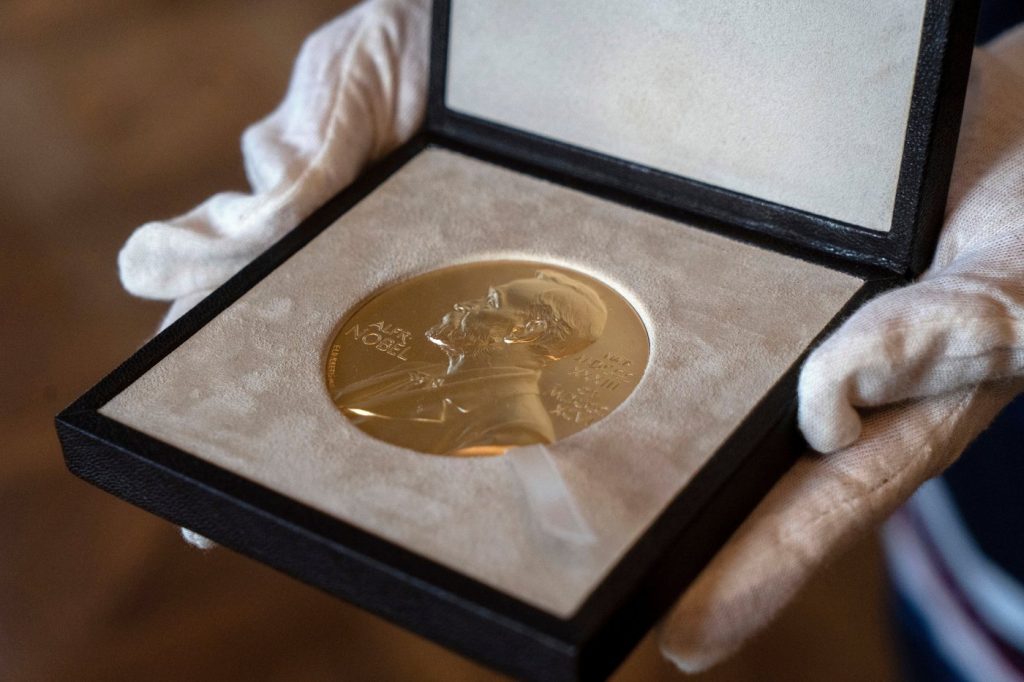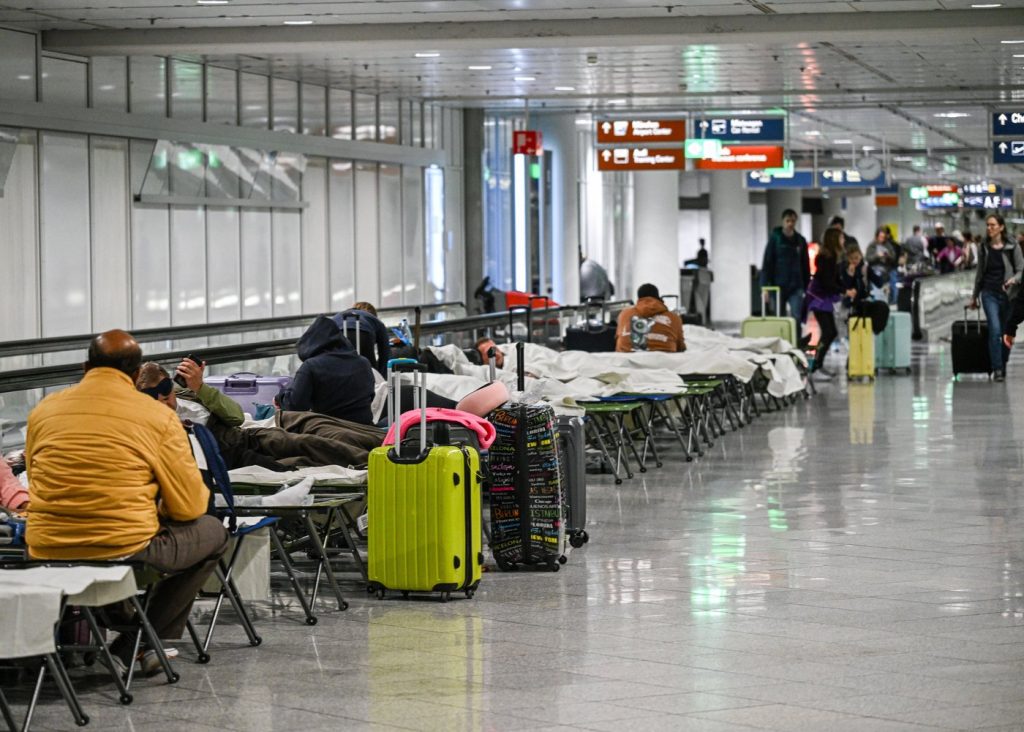The announcement of the Nobel Prize winners is set for next week, with the awards considered among the world's most prestigious honors in various fields, including medicine, physics, chemistry, literature, economics, and peace. Winners of these prizes will join an esteemed group of Nobel laureates, which includes notable figures such as Albert Einstein and Mother Teresa.
This year, U.S. President Donald Trump has been nominated multiple times for the Nobel Peace Prize since 2018. His nominations have come from various individuals, including politicians both within the U.S. and abroad. One particular nomination was put forth by a Republican congresswoman in December, acknowledging his role in brokering the Abraham Accords, a significant agreement that normalized relations between Israel and several Arab states.
To understand the significance of these awards, it’s essential to look at their history. The Nobel Prizes were established by Alfred Nobel, a 19th-century Swedish businessman and chemist renowned for his invention of dynamite, a product that led to his considerable wealth. By the end of his life, Nobel decided to allocate his fortune to create annual prizes “to those who, during the preceding year, have conferred the greatest benefit to humankind.” The first set of Nobel Prizes was awarded in 1901, five years following his death, covering fields such as medicine, physics, chemistry, literature, and peace. Subsequently, in 1968, a sixth prize was introduced for economics, initiated by Sweden’s central bank. Although this economics prize is often regarded as separate from the original Nobel prizes, it is presented alongside them during the same ceremonies.
The nomination process for the Nobel Prizes is shrouded in secrecy. The respective committees do not disclose nominations, and the Nobel statutes prevent judges from discussing their deliberations for a total of 50 years. However, nominators have the liberty to reveal their recommendations. It's important to note that individuals cannot nominate themselves for the prizes, although they can be nominated by others on multiple occasions, including members of the prize panels.
Each prize committee functions with some variations, yet they collectively uphold Alfred Nobel’s intention to recognize individuals whose contributions offer real benefits to humanity. Notably, the peace prize committee often acknowledges achievements made during the preceding year, and it is also unique in being awarded in Oslo, Norway. In contrast, the science prizes—held in Stockholm—may take years or even decades for winners to be recognized, as the committees seek to ensure that the breakthroughs have long-lasting significance.
This year, the 2025 Nobel Prize announcements will commence on Monday, starting with the announcement of the medicine prize by a panel at the Karolinska Institute in Stockholm. The following announcements will occur in a consecutive manner: the physics prize will be revealed on Tuesday, chemistry on Wednesday, and literature on Thursday. The Nobel Peace Prize will be disclosed on Friday, while the Nobel Memorial Prize in Economic Sciences will be announced on October 13.
All Nobel awards are formally presented on December 10, marking the anniversary of Alfred Nobel’s death. Each prize includes a monetary award of 11 million Swedish kronor (approximately $1.2 million), alongside an 18-carat gold medal and a diploma. The prize money can be distributed among up to three laureates for each award, allowing for shared recognition of eminent achievements.












